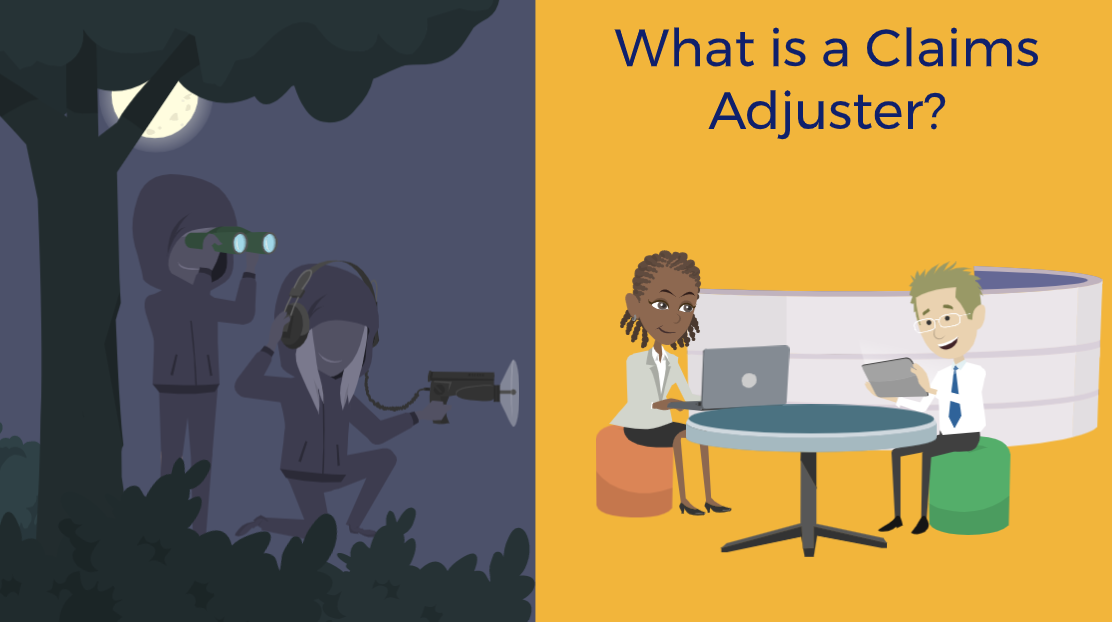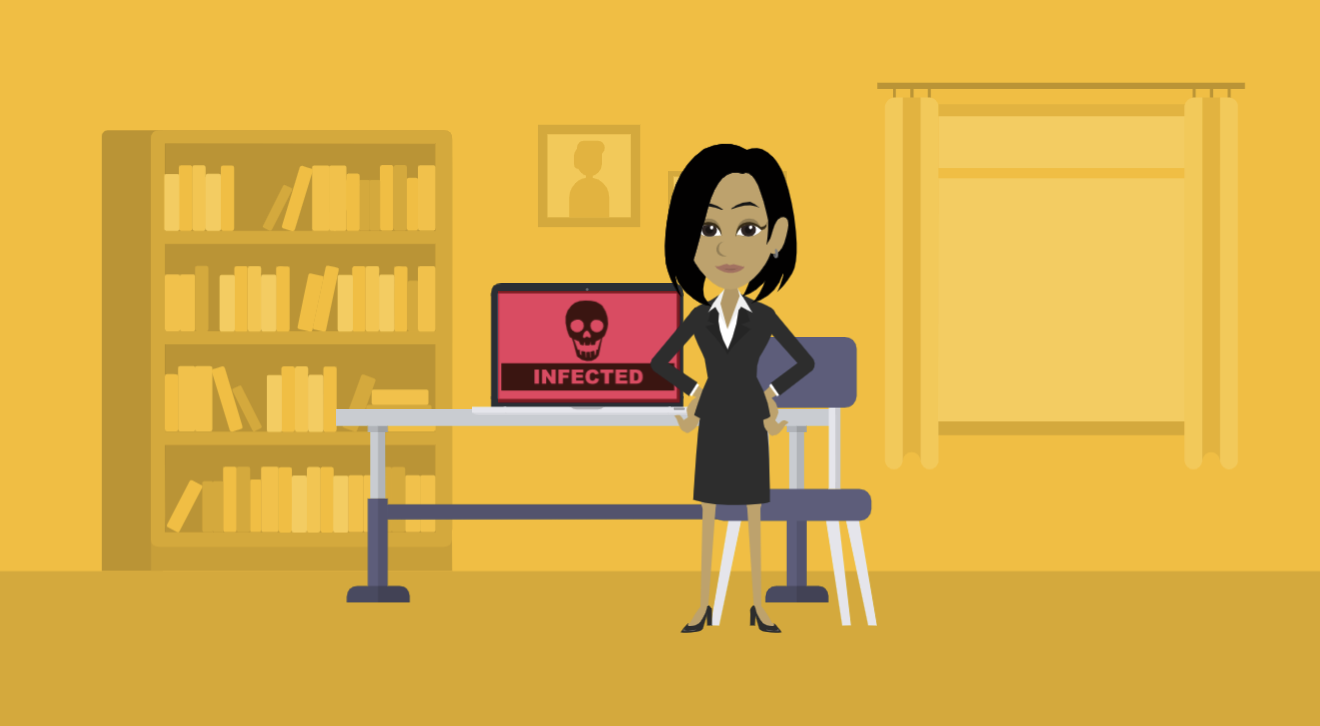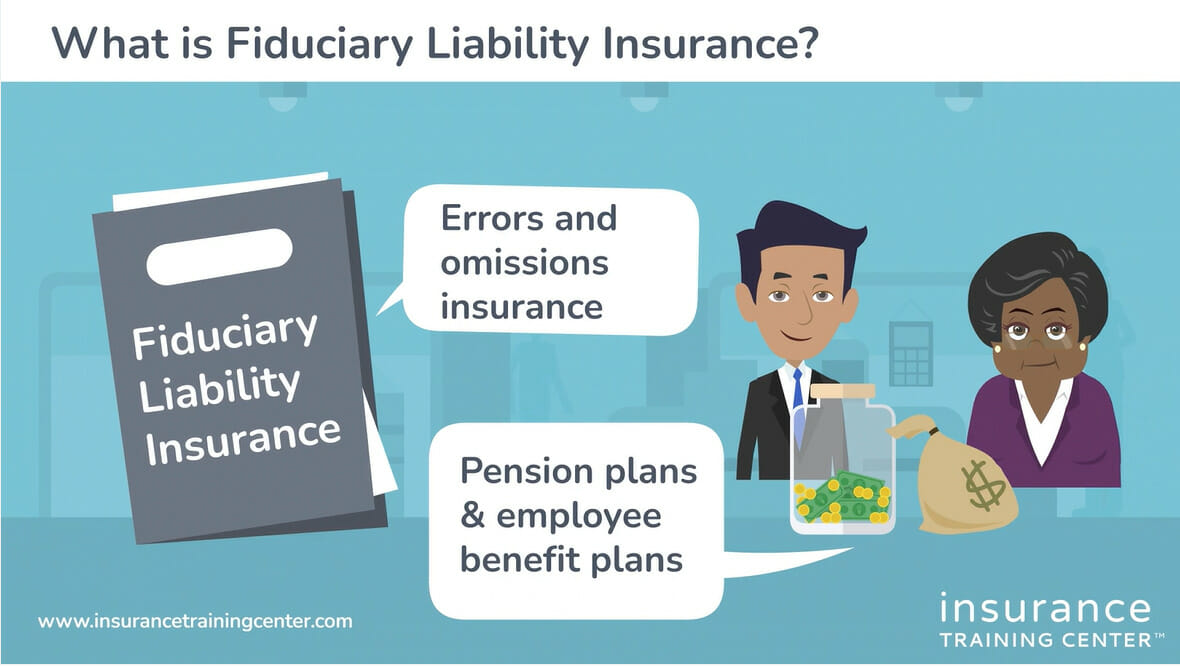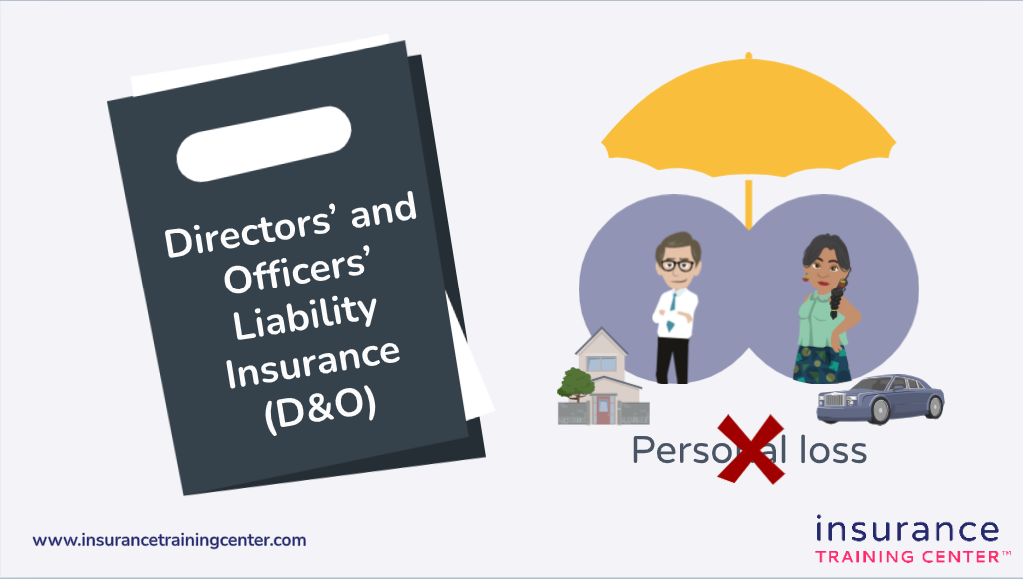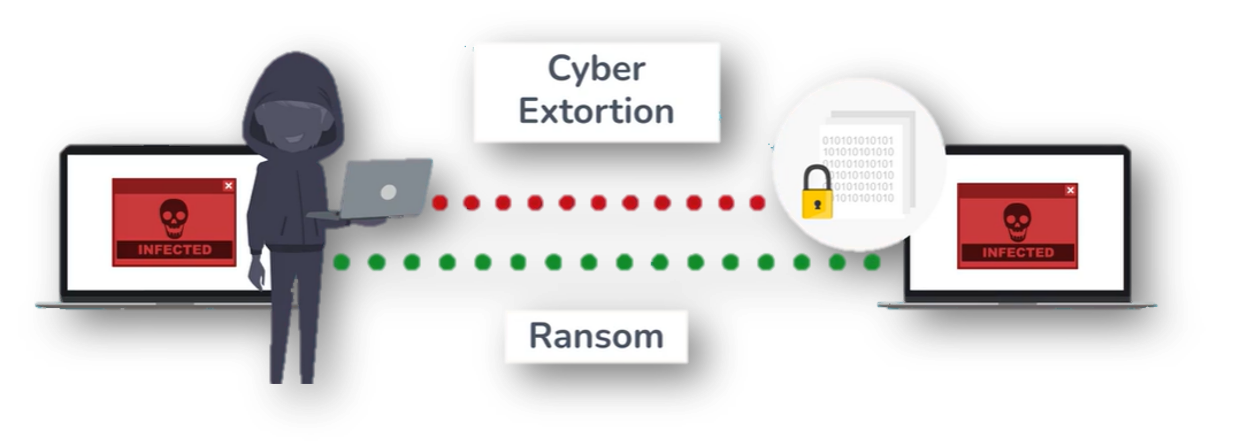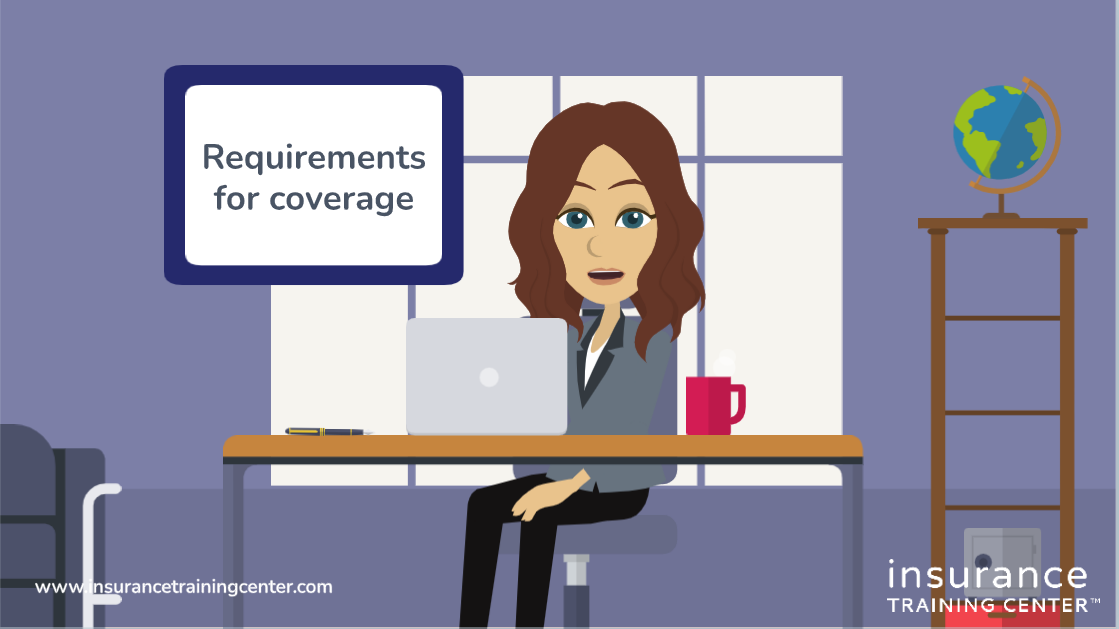Interested in a career as a Claims Adjuster?
Want your family to finally know what you do for work?
Claims Adjuster Explained
A claims adjuster investigates insurance claims to determine the extent of an insurance company’s liability (i.e., claims settlement). A claims adjuster may assess property damage, personal injury, or third-party property damage. In the assessment process the claims adjuster will interview witnesses, review statements, and analyze the damage. The adjuster will then provide documentation and recommendations to the insurance company about the claim amount and validity of the claim.

Claims Adjusters are trained to look for coverage, not denials.
The amount to be paid in indemnity is the amount that policyholders are entitled to, no more and no less.
Who does an adjuster work for?
Claims adjusters traditionally work for the insurance company or as a consultant acting on behalf of the insurance company. On the insurance company side, the role comes with a steady diet of claims. As an independent adjuster, you have to maintain strong client relationships which requires an extra degree of sales skills. Regardless, adjusters are always selling settlements and must interface with the claimant. Claims adjusters are responsible for explaining the insurance coverage to the claimants, including coverage limits, exclusions, and other information pertinent to the claim.
It’s important to emphasize that the adjuster’s duty is to look for coverage, not denials. Adjusters conduct thorough investigations of the claim and the policy wording to determine what the policy will and will not cover. The insurance company will pay out the amount that policyholders are entitled to, no more and no less. Finding that amount is the adjuster’s job. The adjuster makes the decision of how much to pay out on a claim by collecting expert information, and presenting and explaining that information.
Areas of specialization
Claims can range from a simple fender bender to a massive disaster recovery from an environmental incident. As such, the complexity of a claims adjuster’s work can vary from a simple two-party event to one with an orchestra of stakeholders.
As an example, consider a claims adjuster settling Property versus Casualty claims. There are various types of Property policies but they are first-party in nature (damage to the insured’s property). Coverage analysis forms a large part of the initial investigation. In Casualty claims, there is tort and contract law that drives most of the activity. These are two very different worlds, and claims investigations would be entirely different.
Many independent adjusters work ‘multi-line’ (doing all types of claims), and others are specialists. Insurance companies usually have claim specialists. And, while you can focus on a specific type of claim, there are often opportunities to change and further build your skillset. Claims may fall under more than one kind of insurance coverage. Rather, they often dovetail into different coverages. Consider the case of a tractor-trailer motor vehicle accident. One motor vehicle accident could encompass: damage to the vehicle and trailer itself, cargo, damage to a third party vehicle, injuries or fatalities in either vehicle, damage caused to property following the impact (for instance, environmental liability from an oil spill). As you can see, claims can get complicated very easily! No matter the gravity of the incident, the claims adjuster must maintain control and exercise sound judgment.
What skills are required?
An employer typically requires a high school education and a bachelor’s degree for entry-level positions as a claims adjuster. Further licensing, training, and employment experience will support the progression to more senior-level roles in this field.
One of the most critical skills required to be successful as a claims adjuster is organizational skills. Given the volume of documents, phone calls, service providers, and people, organizational skills are a make or break for this role. Other essential skills as a claims adjuster include:
- Analytical and numerical skills
- Detailed orientated skills
- Critical thinking skills
- Verbal and written communication skills
- Interpersonal skills
A career as a claims adjuster provides an opportunity to enjoy flexibility and independence. Whether you are working within the claims department of an insurance company or as an independent adjuster, freedom tends to be a perk of this career. You are primarily in charge of your desk!
The industry is resilient in the face of economic volatility. The profession can be financially and intrinsically rewarding for those who like to help others in a challenging environment. The career of claims adjuster is for individuals who like to travel and to work in a variety of situations (i.e., office and field).
